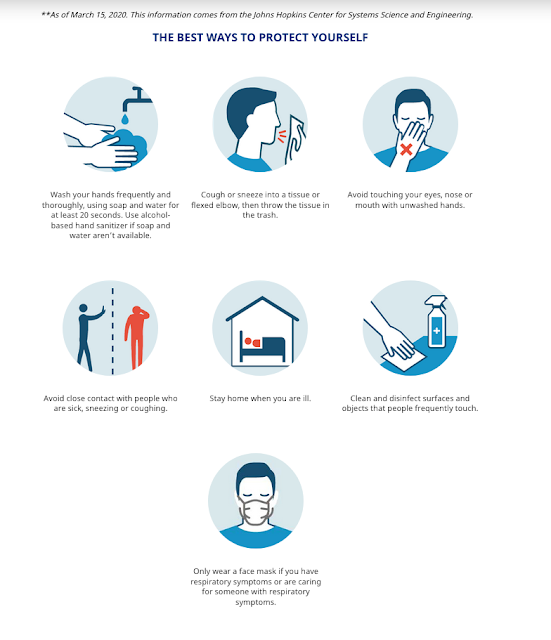I recently came across Sam Harris. And was wondering how come I had never come across him. His writings and work are super impressive and the title of his podcast explains it best.
"Making Sense".
His podcast this week was on what we're all currently experiencing, while working from home, a new work paradigm.
Have a listen at this extremely interesting albeit slightly long podcast.
The New Future of Work
A Conversation with Matt Mullenweg
In this episode of the podcast, Sam Harris speaks with Matt Mullenweg about the evolution of distributed work. They discuss the benefits of working from home, the new norms of knowledge work, relevant tools and security concerns, the challenges for managers, the importance of written communication, the necessity of innovating in response to the Covid-19 pandemic, delivery networks as critical infrastructure, economic recovery, and other topics.
Matt Mullenweg is a founding developer of WordPress, the Open Source software used by 36% of the web. In 2005, he founded Automattic, the company behind WordPress.com, WooCommerce, and many other products. Matt has unique insight into running distributed teams. Automattic is entirely distributed—with 1,172 employees working in 75 countries.
You should browse through the various podcasts of Sam Harris as well as watch some of his talks. While you may not agree, and often find him controversial, you're sure to find them invigorating and have you thinking.
One of the talks, you may enjoy.
Can we build AI without losing control over it?
Sam Harris
"Making Sense".
His podcast this week was on what we're all currently experiencing, while working from home, a new work paradigm.
Have a listen at this extremely interesting albeit slightly long podcast.
The New Future of Work
A Conversation with Matt Mullenweg
In this episode of the podcast, Sam Harris speaks with Matt Mullenweg about the evolution of distributed work. They discuss the benefits of working from home, the new norms of knowledge work, relevant tools and security concerns, the challenges for managers, the importance of written communication, the necessity of innovating in response to the Covid-19 pandemic, delivery networks as critical infrastructure, economic recovery, and other topics.
Matt Mullenweg is a founding developer of WordPress, the Open Source software used by 36% of the web. In 2005, he founded Automattic, the company behind WordPress.com, WooCommerce, and many other products. Matt has unique insight into running distributed teams. Automattic is entirely distributed—with 1,172 employees working in 75 countries.
You should browse through the various podcasts of Sam Harris as well as watch some of his talks. While you may not agree, and often find him controversial, you're sure to find them invigorating and have you thinking.
One of the talks, you may enjoy.
Can we build AI without losing control over it?
Sam Harris


















